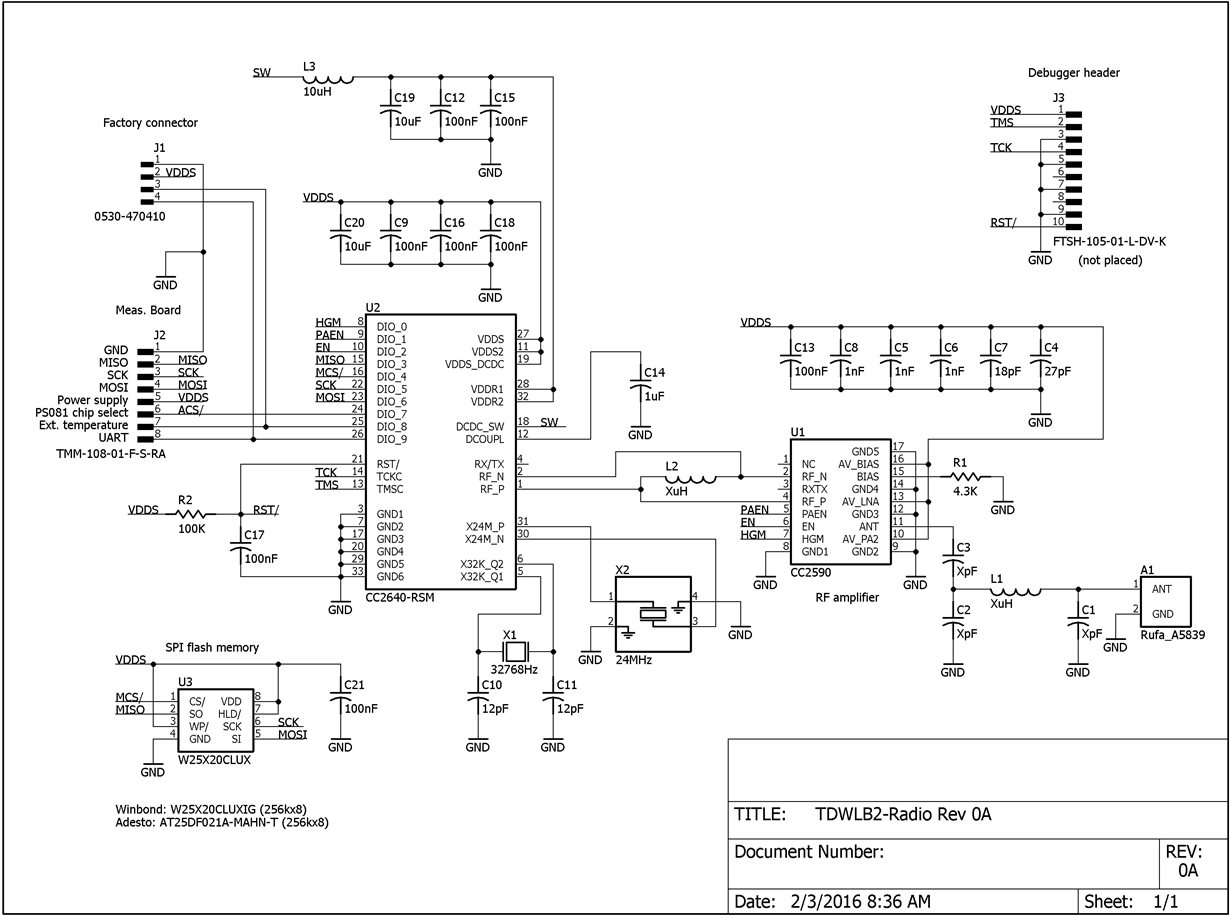Hi,
SimpleBLEPeripheral built successfully and a debug run on the 2650 DK displayed "advertising" on the
screen. I ran the project as is without changing any default parameter settings (initialAdvertEnable = TRUE).
What will this project output be like on the 2650DK?
I was also able to successfully build SimpleBLEPeripheral to a 4x4 package. Edits were made to main.c
to set the IOC ports that control the power amplifier on our custom board to transmit and receive.
This code is compiling and executing OK.
I am probing PAEN and EN on the scope and I am not seeing any advertising happening.
Break points in simpleBLEPeripheral.c are not being executed. Can you offer pointers
here?
Thanks,
Priya


